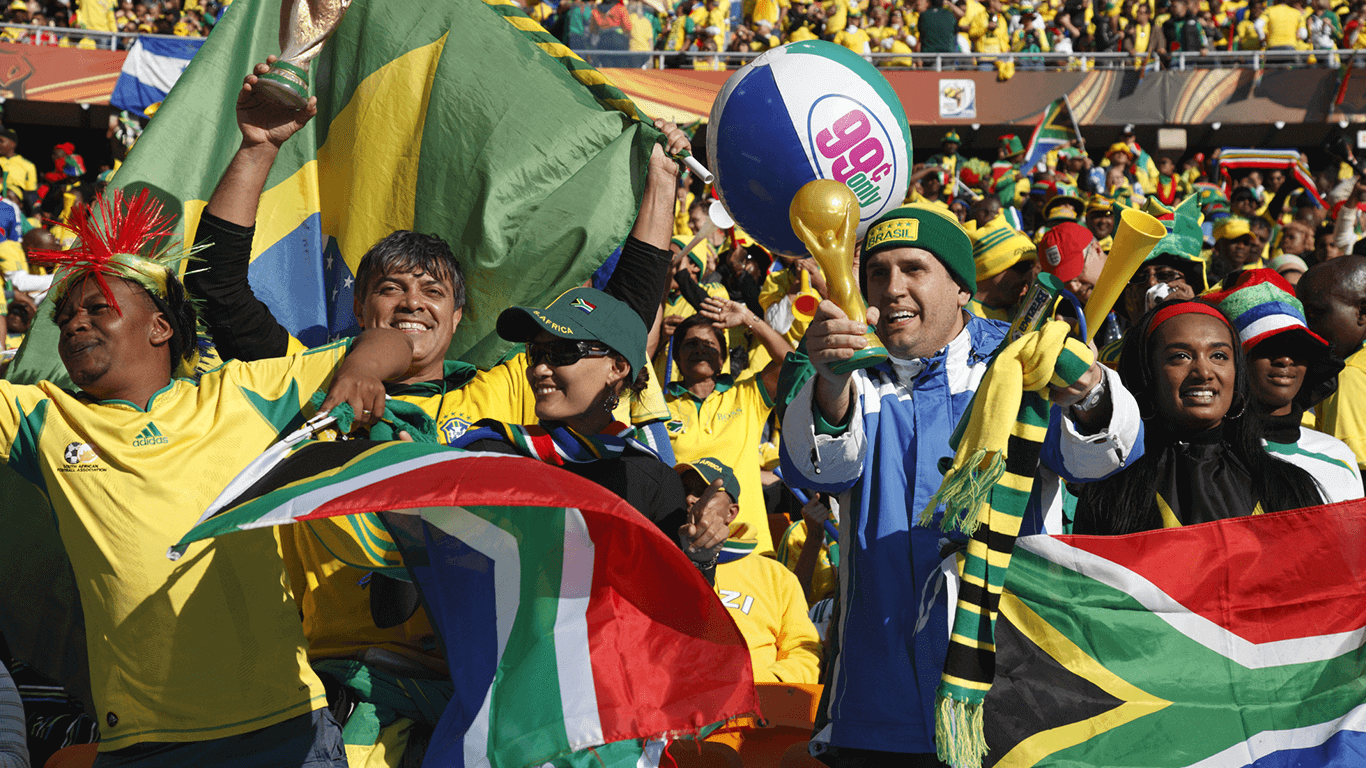
How will the FIFA’s planned changes impact the World Cup?
UPDATE: Plans to expand the 2022 World Cup to 48 teams were abandoned by FIFA in early 2019.
World football’s governing body said after a “thorough and comprehensive consultation process” the change “could not be made now”.
ORIGINAL CONTENT:
FIFA has been planning some major changes in the World Cup for a few years now. In a unanimous decision the FIFA extended the World Cup to 48 teams. That’s right 48 teams.

As of 2026, the old 32 team format will no longer exist.

The stated goals of this expansion are good, but how will the changes ultimately impact the tournament?
As most of you readers know the World Cup is THE event in soccer.
The Fédération Internationale de Football Association, better known as the International Federation of Association Football, continues their quest to grow soccer internationally. While growth continues organically, they are adding some encouragement by allowing more countries and teams to participate in the World Cup. The current plan includes 48 teams in 2026. In addition, that year will see 80 games instead of 64. It’s a sizable jump up, and they are expecting an increase of as much as 1 billion dollars in revenue as a result.


As always, the FIFA has indicated these changes are good for the World Cup and the game of Soccer, but these changes could mean the quality of the tournament is diluted. For example, in South America, basically half of the continent qualifies. The top 4 out of 10 teams go straight to the World Cup, and the 5th place team plays a playoff. In South America, these qualifiers are considered to be some of the most competitive. However, to reach the 48 teams, that could mean that 6 or 7 out of 10 of these teams qualify from South America. The more teams that qualify, the less competitive it becomes as teams have more and more chances to be assured of their place in the World Cup early on in the qualifying process.
——— ADVERTISEMENT – CONTINUE READING BELOW ———
If you’re an avid follower of the World Cup like myself, you may already consider the group stages the least entertaining portion of the tournament. Weaker teams tend to start out the tournament by playing defensively. This is because teams don’t want to take risks. When a team loses its first game, it’s difficult to recover and qualify. With more teams, there will be more games in the group stages and more of these less than exciting games. Not only that, but the disparity between countries could be large, as some of the lower-ranked teams could find it difficult to compete with the top teams.

As much as I hate pointless games where one team completely dominates the field and blows out the competition, there is the possibility of a David versus Goliath victory. Those are certainly exciting. Iceland is an example of a disparity not being a problem when the Euros tournament that was expanded. We all love to root for the underdog, but honestly, I wouldn’t count on many of these underdog victories in the World Cup group stages.
In the final analysis, I don’t see a scenario where the group stages are not going to suffer from these FIFA changes.

While I’m not a fan of FIFA’s planned changes, I’m a lifelong Soccer fan. I’ve followed the game for years and I’ll continue to do so.












